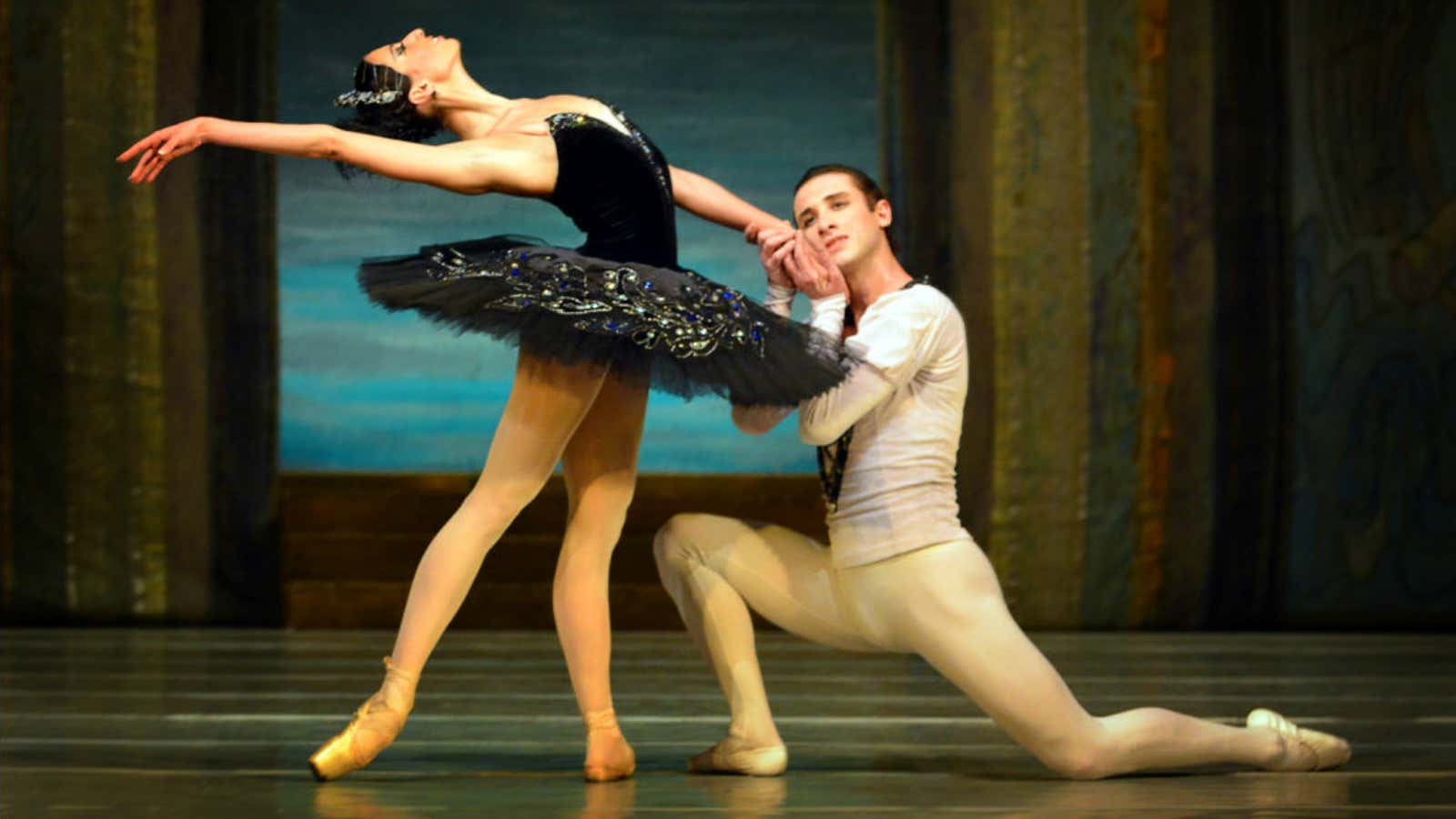For around 30 years, Gurugram-based Energo India has helped build power plants across the country. But in 2016, prompted by the promoters’ interest in the arts, the industrial group added an unlikely new division to its business: a production house dedicated to the performing arts.
At Navrasa Duende, the focus is on providing a platform for international musicians, dancers, theatre artistes, and visual art exponents, among others. The name reflects the company’s global approach, combining the Indian term for the nine expressions in traditional performing arts (navarasa) and a hard-to-translate Spanish word that refers to a heightened state of emotion and authenticity.
“Duende is a Spanish word used when any artist is able to carry the audience into his own illusory world,” Dinesh Singh, founder of Navrasa Duende and managing director of Energo, told Quartz. “So what we say is that we will use all the navarasas to create a duende.”
Since its launch in June 2016, the company has organised a concert by classical singer Pandit Jasraj and an Alfred Hitchcock and Frank Capra cinema festival in New Delhi. Encouraged by the strong response to the latter, Navrasa Duende has decided to make it a regular event, focusing on world movies from countries such as Poland and Russia for next year.
But it’s biggest production is scheduled for next month, when it will bring Pyotr Tchaikovsky’s ballet Swan Lake to India in collaboration with the Royal Russian Ballet of Ukraine. This will reportedly be the first time in living memory that a professional ballet company will present the performance in the country. Over the next few years, the company also wants bring ballet performances of Sleeping Beauty, The Nutcracker, and Romeo and Juliet to India.
This comes amidst a bit of a revival in performing arts across the country, with Mumbai’s Royal Opera House hosting its first opera in nearly eight decades, theatre troupes bringing to life the works of playwrights such as Shakespeare and Bertolt Brecht, and music festivals showcasing both local and international performers.
But it’s not easy to pull off a big production in India, where bureaucratic hurdles make getting clearances extremely difficult, and finding enough funding, and the right venue, is a task.
“Film now is recognised as an industry so it has access to organised funds…but performing arts in India, in fact, is not progressing in that direction. It’s not even recognised as an industry,” Singh explained. “So all the incentives, all the financial resources which you can access as an industry, they are not available to the performing (arts) industry.”
Compounding the problem is the fact that unlike in cities such as New York or Vienna, the audiences in most Indian cities aren’t used to paying huge sums to watch a performance. So most productions have to rely heavily on sponsors for funding. That’s something Navrasa Duende is trying to avoid, relying more on ticketing revenue instead. For the five performances of Swan Lake that will be hosted at the Siri Fort auditorium in New Delhi, tickets start at Rs1,770 and go up to Rs7,080. The venue seats 2,000 and Singh says they’re likely to sell out by next week, well in advance of the performance.
The other issue is infrastructure.
“If you bring (an) international group (to India), you have to search for venues,” Singh said, noting that existing venues built by the government are all more than 50 years old and outdated for modern performances.
That explains the company’s most ambitious plan: to build a sprawling performing arts campus, 70km outside of Bengaluru, which will feature theatres, cinema halls, music centres, and open spaces to hold concerts, all in one place. By 2020, Navrasa Duende hopes to complete the first phase, which will undoubtedly mark a much-needed new era for the performing arts in India.
